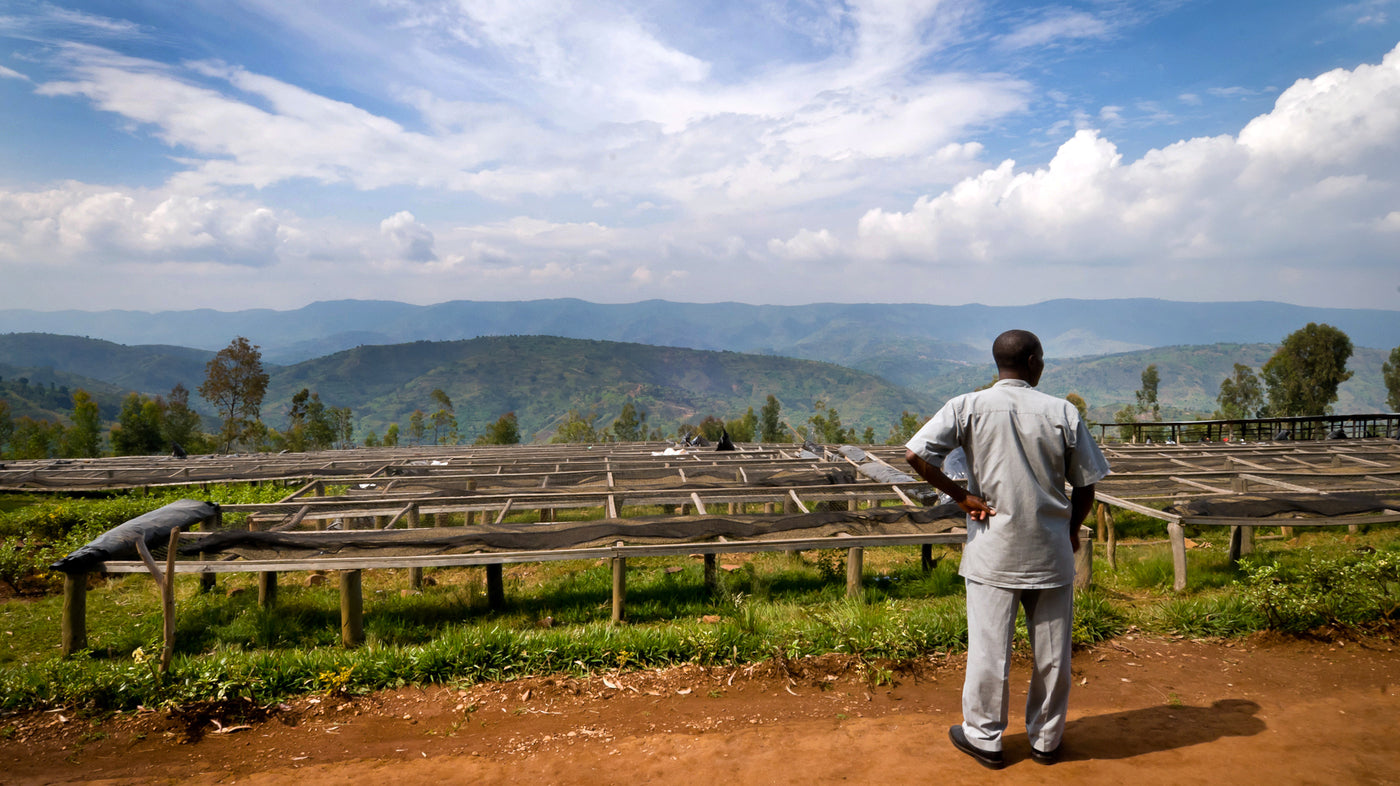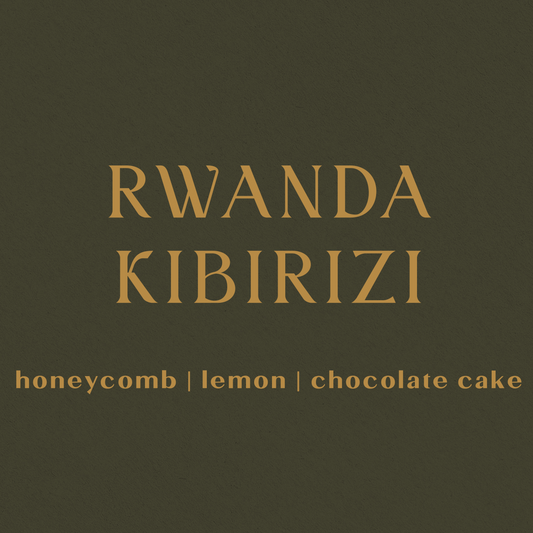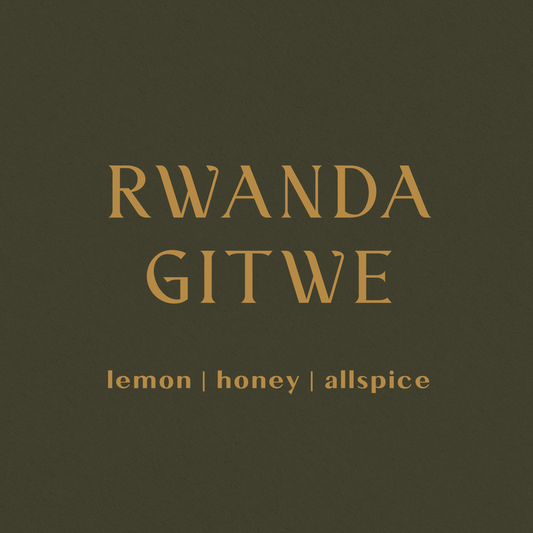
Rwanda
Why Rwandan Coffee Matters: A Story of Resilience, Quality, and People
1. Historical Context
Coffee first arrived in Rwanda in the early 1900s, brought by German missionaries and later expanded under Belgian rule. For much of the 20th century, coffee was grown primarily for volume, not quality. Farmers were required to sell their harvest to government-controlled systems that paid little and discouraged innovation or care for quality.
Still, Rwanda’s rich volcanic soil, high altitudes (1,200–2,100 meters), and abundant rainfall made it a naturally ideal environment for growing exceptional arabica coffee—particularly the Bourbon variety. All the elements were there; they just hadn’t been fully unlocked yet.
2. Recovery and Rebirth Through Coffee
In 1994, Rwanda experienced one of the darkest moments in modern history. The genocide devastated communities and infrastructure, including the country’s coffee-growing regions. But in the early 2000s, a shift began.
Programs like PEARL (Partnership for Enhancing Agriculture in Rwanda through Linkages) helped farmers form cooperatives, build washing stations, and connect directly with international buyers who valued quality, transparency, and traceability. The goal was simple: move away from low-grade exports and toward specialty coffee—where farmers could be paid for quality and tell their stories to the world.
One of the first success stories was Maraba Coffee, a cooperative that quickly gained recognition and export deals with roasters in the U.S. and UK. It proved what was possible: that Rwanda could produce some of the finest coffee in the world—and that coffee could help heal a nation.
3. What Makes Rwandan Coffee So Special
Most of Rwanda’s coffee today is still grown by smallholder farmers—over 400,000 of them—who each cultivate less than one hectare of land. They grow primarily Bourbon arabica, a variety known for its elegant flavor profile. Rwandan coffees are often described as clean, bright, floral, and tea-like, with notes of citrus, red fruit, and honey.
Processing is done primarily at community-based coffee washing stations, where ripe cherries are carefully sorted, fermented, washed, and dried. This centralized process ensures consistency and helps farmers collectively achieve higher cup scores and better pricing.
4. Coffee With Purpose
The Rwandan coffee trade is built on transparency and cooperation. Many coffees we source from Rwanda come through Fairtrade-certified cooperatives or partners who prioritize farmer training, reinvestment in community infrastructure, and long-term relationships.
But like all producing regions, Rwanda faces challenges. Climate change is affecting yields, especially in areas prone to shifting rainfall. Prices on the global market fluctuate year to year. Farmers often live on narrow margins, and more work is needed to close the gap between effort and earnings.
That’s why how coffee is sourced matters. When you choose a Rwandan coffee roasted by us, you’re not just choosing great flavor—you’re investing in a country’s transformation, and in the lives of the people who make it possible.
5. Your Cup Makes a Difference
When you drink Rwandan coffee, you’re part of a story—a story of small farms, shared success, and a nation that used coffee to rebuild from the ground up. You’re supporting a farmer who hand-picked each cherry, a co-op that sorted and washed it with care, and a network of partners committed to doing business the right way.
Shop Coffees from Rwanda
-
 Sold out
Sold outRwanda Kibirizi
Regular price From $21.00 USDRegular priceUnit price / per -
 Sold out
Sold outRwanda Gitwe
Regular price From $20.00 USDRegular priceUnit price / per


